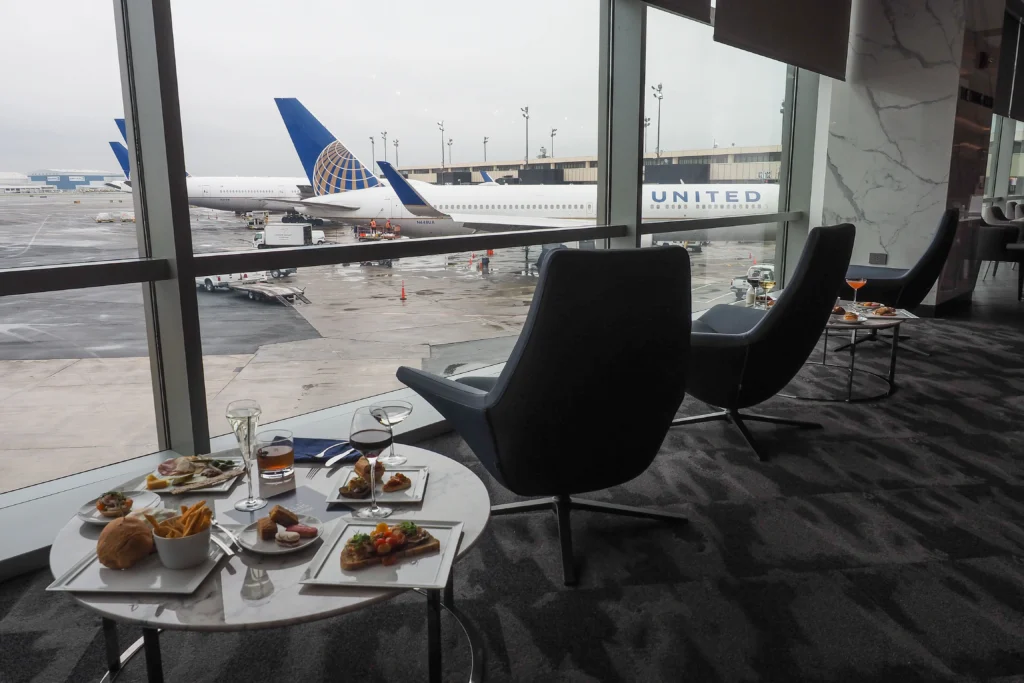How to Avoid Constipation While Traveling – Tips for Regularity on the Go
Travel often disrupts routine, which can lead to constipation—especially for people managing chronic digestive issues. Changes in time zones, hydration levels, food choices, and activity can all slow digestion. These simple, proactive strategies can help avoid constipation while traveling and maintain regularity when you’re away from home.

Stay on top of hydration. One of the biggest contributors to constipation during travel is dehydration. Airplanes, road trips, and unfamiliar climates make it easy to fall behind on fluids. Carry a refillable water bottle and sip regularly throughout the day. Herbal teas and drinks with natural electrolytes, like coconut water, can also support hydration.
Pack fiber-friendly snacks. It’s not always easy to find fresh produce while traveling, but high-fiber options like almonds, sunflower seeds, dried fruit, or whole-grain crackers are easy to pack and help keep digestion moving. If constipation is a common issue, bring a small container of ground flax or chia seeds to mix into meals or drinks.
Stick to your usual eating schedule. Irregular meals or skipping food altogether can slow down digestion. Aim for consistent meals, and choose options that combine fiber, protein, and healthy fats to support gut movement and reduce the risk of digestive sluggishness.
Keep moving. Sitting for long stretches—on planes, in cars, or even at conferences—can lead to slower digestion. Look for chances to move throughout the day. Standing up during breaks, stretching, or walking during layovers can make a difference. Even basic seated stretches can gently stimulate digestion.
Bring digestive support if needed. Some people find relief by packing a travel-sized probiotic, magnesium, or fiber supplement. Herbal teas like ginger or peppermint may also support regularity. If you already take supplements for digestion, consider bringing your usual products with you in travel containers.
Don’t ignore the urge to go. It’s easy to put off using the bathroom when you’re in unfamiliar places, but ignoring natural signals can make constipation worse. Try to keep a consistent routine and make time to use the restroom when needed—even if the environment isn’t ideal.
With a few small adjustments, it’s possible to avoid constipation while traveling and keep digestion on track. Planning ahead and listening to your body can go a long way in maintaining regularity—even on the move.
More from NIH: Constipation
See what lists are trending: Trending Lists

1
Pack Fiber-Rich Snacks
430
52
Travel meals often lack fiber. Bring high-fiber snacks like dried fruit (prunes, apricots), nuts, chia seed pudding, or whole-grain crackers to keep digestion regular. Oats and flaxseeds are also great travel-friendly options.















2
Pack Magnesium Supplements
433
57
Magnesium helps relax the intestines and can relieve constipation. If you frequently struggle with travel-related constipation, bring a magnesium citrate supplement to take before bed.















3
Keep Moving
326
33
Sitting for long hours (on flights, trains, or in cars) slows digestion. Take breaks to stretch, walk, or do squats when possible. Even small movements help keep things moving. If stuck in a seat, do seated twists or leg raises.















4
Limit Airplane & Airport Junk Food
350
68
Many travel foods (white bread sandwiches, chips, processed meats) are low in fiber and high in salt, which can lead to dehydration and constipation. Choose salads, fruit, whole grains, or soups instead.















5
Avoid Overuse of Laxatives
330
48
While bringing a mild laxative can be helpful for emergencies, relying on them too often can make the intestines dependent. Try natural remedies first before turning to medication.















6
Use the Bathroom When You Need To
242
32
Holding in a bowel movement can make constipation worse. Take advantage of rest stops, hotel bathrooms, or airport facilities when you feel the urge.















7
Try a Natural Laxative
241
32
If needed, bring natural options like prunes, aloe vera juice, or flaxseeds to help regulate digestion. Herbal teas like ginger or peppermint tea can also support digestion while traveling.















8
Practice Stress Relief
250
50
Travel stress can impact digestion. Try deep breathing, meditation, or stretching to stay relaxed, as stress can slow down bowel movements.















9
Eat Light & Balanced Meals
234
40
Avoid processed foods, heavy fried meals, and dairy (if it triggers constipation). Opt for fiber-rich meals with vegetables, whole grains, and lean protein to keep digestion smooth.















10
Choose Probiotic Foods
208
23
Probiotics help regulate gut health. If possible, include yogurt, kefir, kimchi, or a probiotic supplement in your travel routine to keep your gut bacteria balanced.















11
Massage Your Abdomen
151
29
If you're feeling bloated or blocked up, gently massage your lower abdomen in circular motions to stimulate your intestines. This can help relieve constipation.















12
Use Herbal or Warm Drinks
103
15
Warm beverages like peppermint, ginger, or chamomile tea can help relax the digestive system and ease constipation. A warm cup of water with lemon in the morning is also a great remedy.















13
Stick to a Routine
97
14
A sudden change in eating and sleeping patterns can cause constipation. Try to eat and use the restroom at your usual times to keep your body's rhythm in sync.















14
Stay Hydrated
98
17
Dehydration is a major cause of constipation, especially during flights. Drink plenty of water before, during, and after your trip. Carry a reusable water bottle and aim for at least 8 glasses per day. Avoid excessive alcohol and caffeinated drinks, as they can dehydrate you.

